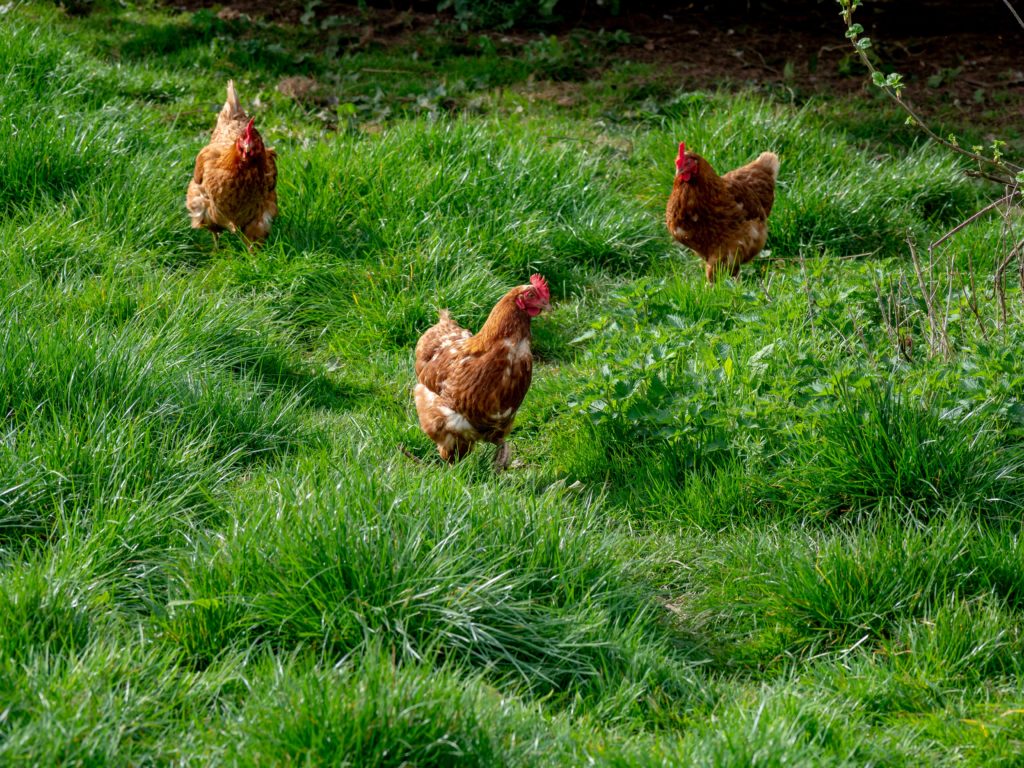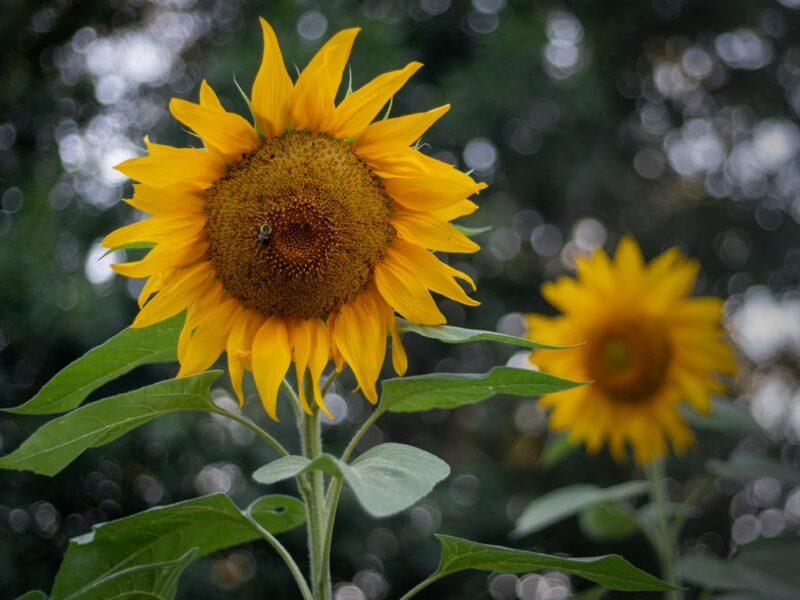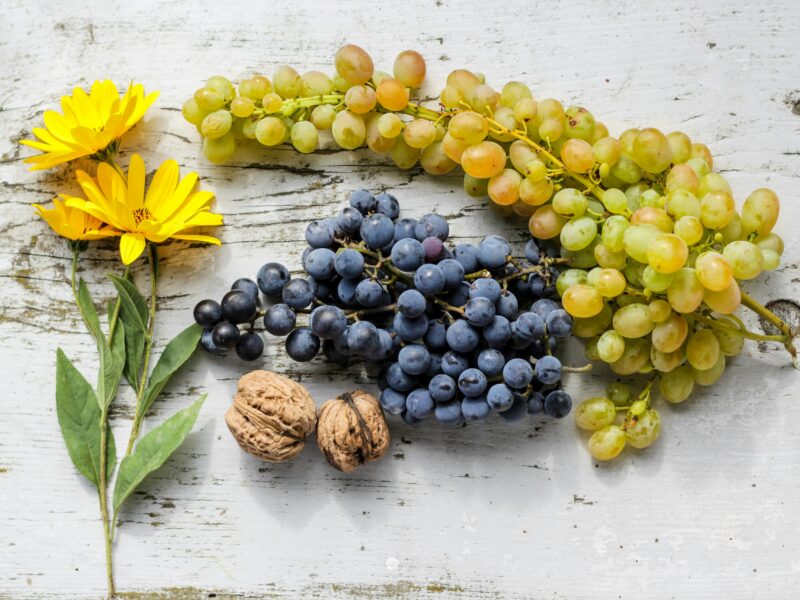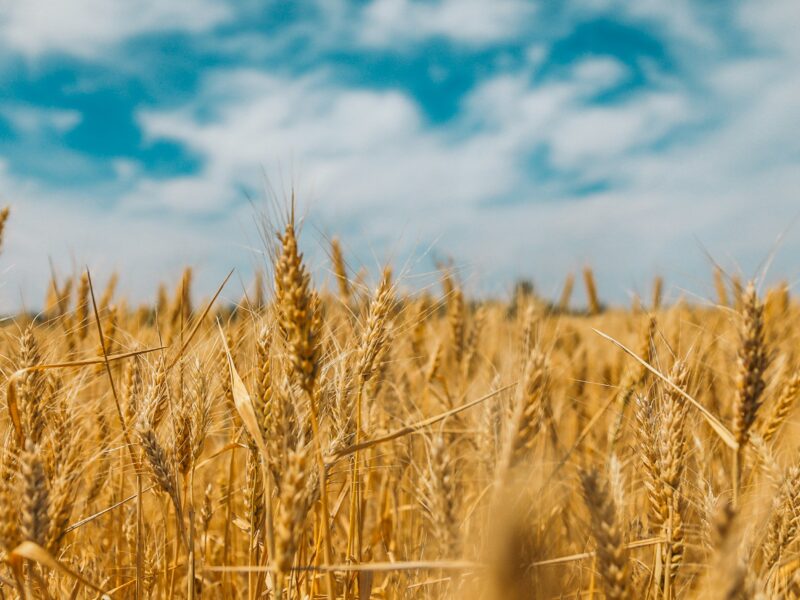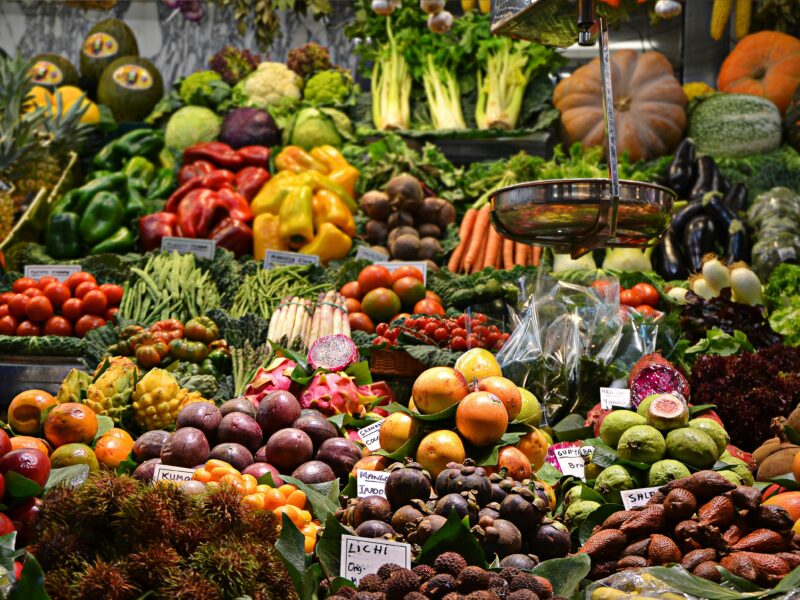Only Organic has started a new Q&A series highlighting Organic Pioneers throughout the industry. In our efforts to bring more attention to organic food during this time we are featuring an interview with Jesse LaFlamme of Pete and Gerry’s Organics.
Pioneer Name: Jesse Laflamme
Company Name: Pete and Gerry’s Organics
Location: Monroe, NH

- Why did you choose to create a certified organic product?
When I returned home from college in the late ’90s, our third-generation family farm was on the verge of bankruptcy, as we’d been pushed to the brink by industrial-scale egg producers who cornered the market and forced most small egg farms like ours out of business. Rather than go down without a fight, my family and I led the farm down a different path – one that led away from the factory-style farming that had nearly put us out of business. Instead of “going industrial,” we took a leap of faith and pivoted to free-range, organic egg production. It was the way of farming we’d always believed in and while the organic market was barely in its infancy then, we hoped that others would also come to value organic, humane egg production the way we did. Luckily our Hail Mary pass paid off and today we are the #1 organic egg brand in the country.
- How long has your brand been certified organic?
Since 1997.
- Is it difficult to source certified organic ingredients?
Sourcing organic feed for our hens doesn’t pose any particular difficulty, although the higher quality feed does, of course, carry a premium with it.
- What myth would you like to bust about being an organic food pioneer or the organic industry as a whole?
You often hear statements along the lines of “organic foods aren’t healthier,” but in the case of our products, it’s important to remember that it’s not what’s in the egg but rather what isn’t. What our hens eat goes directly into the eggs they lay. The organic feed they consume contains no synthetic pesticides and no GMOs, which means neither do the eggs they produce. I’d also say that it’s important to consider a broad definition of the word “healthy” when it comes to organics, particularly when it comes to the health of the earth. Research has shown that organic farming methods can help mitigate climate change by sequestering carbon in the soil and decreasing greenhouse gas emissions. Organic production also safeguards natural resources and supports biodiversity. So I think it’s important that consumers take into account the broader impacts of the food they eat, beyond just the nutrition panel.
- What is the biggest challenge you face as an organic pioneer?
Right now I think our largest challenge is an administration that is actively working to dismantle policies that would help improve trust in the organic label, most notably the rollback of the OLPP, a rule that would have set new animal welfare standards for organic poultry and livestock, including new standards for outdoor access for America’s approximately 12 million organic laying hens. In our industry there are very large organic producers that conform solely to the letter of the law, thereby taking advantage of the spirit of organic standards. These producers cram millions of hens into barns with screened porches and concrete floors and calling this “outdoor access.” The OLPP in particular would have brought organic standards in line with consumer expectations and I believe was critical legislation to maintain credibility in the organic industry. I was active in fighting to save this rule and while we, unfortunately, weren’t successful, I’ll continue to fight for change for the good of both the industry and its consumers.
- Where do you see organic food, farming, and products in the next 5 years?
In 2019 organic sales topped a record $50 billion for the first time, and I think the industry will only continue to grow, as more and more consumers are looking for clean, healthy foods for themselves and for their families. I think the coronavirus pandemic will only serve to accelerate this trend as shown by the recent large spikes in demand in the category, as consumers put more and more emphasis on knowing where their food comes from
- What advice would you give to a younger generation of entrepreneurs looking to get into the organic industry?
Be willing to be a jack of all trades and get your hands dirty. Yes, I’m the CEO now, but before that I was up at 4 AM cleaning barns, taking care of hens and fixing anything and everything that needed to be fixed on our egg farm. It’s important to maintain your drive to do anything it takes to help the business be successful.
Visit Pete and Gerry’s Online
Visit Pete and Gerry’s on Social
For anyone interested in learning more about Pete and Gerry’s Organic Eggs, please read more about their history and mission here.

